It’s official! At last I write to say we have launched round two of interviews, summer 2022 is rolling. Last summer our travels were focused on doing interviews, connecting with people, and writing the blogs more or less as they came. This time around however, Life put extended family events into the mix of things. Two graduations and a family memorial landed squarely in our travel plans. What that has meant for me is that there’s a different relationality and feeling to this road trip. Living West as Feminists moves with the ebb and flow and sometimes against the currents of the family into which I was born.
Family events have a way of spreading. I stop remembering to consult my calendar and my own practiced containment strategies go mushy. Days blend into nighttime with lunches, dinner, there is drink, cannabis, music, dessert, and what-all. We are five sisters, nieces and nephews, partners, my mother, her brother (my uncle), cousins, and always the friends riding along. We were an intense crew before the cancer IV diagnoses of two of the sisters, survivors so far. An old guy friend taking pictures once remarked that seeing us together was like watching a moving wave of women falling in and out of love with one another about 50 times a day. In the temporality of my family there must be room to talk, listen, interrupt, digress, get lost and reoriented. Someone goes on a walk, checks out the sunset, loses her phone or another sister’s phone or that daughter’s phone or her friend’s phone. Ideally there is time to hang out in the pool which my family has always done well.
In the first week of June, we head north from Houston. This time the route runs through Lubbock, then on to Santa Fe. We are lucky to have José’s sister Laura house-sitting and cat-sitting for our son Benito’s beloved Amiga. Laura is the best! Zainab Abdali too has been funded for a second summer of public humanities research assistance, and she stands ready to manage logistics and collaborate. With both Laura and Zainab as foundations, Jose and I travel up Highway 6, past College Station and Texas A&M, Aggieland. Very green, rolling hills, big trucks. Fast. We wonder aloud this year how very many guns are traveling these roads with us? The Uvalde shootings feel fresh and personal and the fact that Uvalde is a Latino/a Trump town engaged in a police cover up confounds the grief.
The plan this summer is to finish what we’ve begun – we have only four interviews left to do though we travel more miles to meet up in outlier places that were not on the map of last summer’s journey. José and I interview Audrey Goodman first in Santa Fe under the trees of the Georgia O’Keeffe Research Center Gardens. Being with Audrey is an important anchor and the summer launch. There’s the bonus of staying at the Silver Saddle Motel and seeing Elena Valdez and her daughter Zeni and husband Matt! I show my mom a picture of the Silver Saddle sign which reminds her of motels she stayed in in the 1940s traveling from Pueblo to southern California to spend summers with her grandmother.
José and I drive two long days from Santa Fe to the Bay Area for back-to-back graduations and a cluster of parties with the various Comer women and attending entourage. There is the graduation of Olivia Argosino-Comer from the Katherine Delmar Burke school, top of the line all-girls K-8 education in San Francisco. There is Sophie Griffing Comer’s UCSC college graduation, our family’s first scientist! She is headed to nursing school. José and I come bearing gifts and dressed up, and I show both nieces their official presence on the Living West timeline. We spend a few days with three party rooms at the Seaside Resort in Aptos — the headline photo above was taken looking over the Pacific on a windless day. We go later to Alameda, home of Sophie’s parents Mike Griffing and Corinne Comer, each with work lives dedicated to the California Nurses Association and trade unionism, and now one of their sons and his partner are organizers with the National Nurses Association. In that
mayhem of energy and movement we see our son Jesse for quieter heart to hearts. One year after graduating from Rice, he is settled with a job in San Francisco, living in the Haight Ashbury with friends, and thoroughly enchanted with City life. We see him five times for three lunches and two dinners and about ten miles of walking. Eventually José and I venture north again, to interview Susan Bernardin in Corvallis, another anchor presence for this project. After Corvallis, we head east over the Cascades to Bend, to a memorial family gathering for our cousin Beau Houston. Some folks walking in the door of my uncle’s place I have not seen in decades.
Going forward: We have a few thousand miles ahead of us to meet up with Victoria Lamont on her sheep farm in St. Agatha, Ontario, and then, a visit with Margaret Jacobs in Lincoln. I’ve been reading Margaret’s recent After One Hundred Winters about instances of settler and Indigenous reconciliation. Margaret talks about the need for settlers to know the Indigenous histories of their home places, detailing that of her own in Colorado Springs and its proximity to the Sand Creek Massacre. With her voice in mind and my own recent writing and thinking about white feminist accountabilities, José and I decide to punctuate our trip toward the sheep farm and Victoria in Canada with a visit to Mesa Verde National Park, close to my own home place of Pueblo, Colorado. More on that later.
I will return soon to completing posts I did not write last summer from wonderful conversations I had with Lulu Alberto and Dina Gilio-Whitaker at the end of our travels. Also the February conversations with Kalenda Eaton during a very unexpected snowfall in White House, Texas!
A last point, and couple of related and methodological points. As we listen to Audrey and Susan, and their interviews take a place alongside others’ interviews, José makes the observation that this project, as a method of research and knowledge-making, is a memory project. It is creating memories, forwarding new memories among scholars in the now, as well as it witnesses memory, witnesses history of memory. I listen to people, José listens to people. Zainab listens to the interviews as she transcribes. We all listen to one another on the blog and will listen and reflect at the upcoming meeting of Western Literature Association in October in Santa Fe. When I ask people to share early memories of a place or a space or a time or some moment in their own consciousness about feminism, they reach toward retrieving and repeating the language of the moment they remember, its affective sense of the way things were, not embedded in the language of the now. This work creates a history of our own lives, an effort to recover it with whatever faithfulness we can bring, and a call to respect the earlier selves, including the limits. This whole-cloth effort is part of the memory work.
There is a related thought emerging but not fleshed out yet about family hearing about the project, my nieces seeing their names on the timeline. I share the developing blog over the family group text though family members are not officially a part of it. Even so they are called into it, and become something having to do with the project and its contexts and conditions of possibility. Some of my sisters read the blog, my mother, my uncle, all of them who know my early checkered history in a way that is not visible to colleagues. I gave my uncle a card publicizing the Living West project at the memorial of his son, and on a hard and sad day, the card was a bright moment. He is poignantly proud of who I managed to pull out of the hat of a family history that his own son did not survive. There is more for me to think about, and write about, as we move toward Mesa Verde . . .
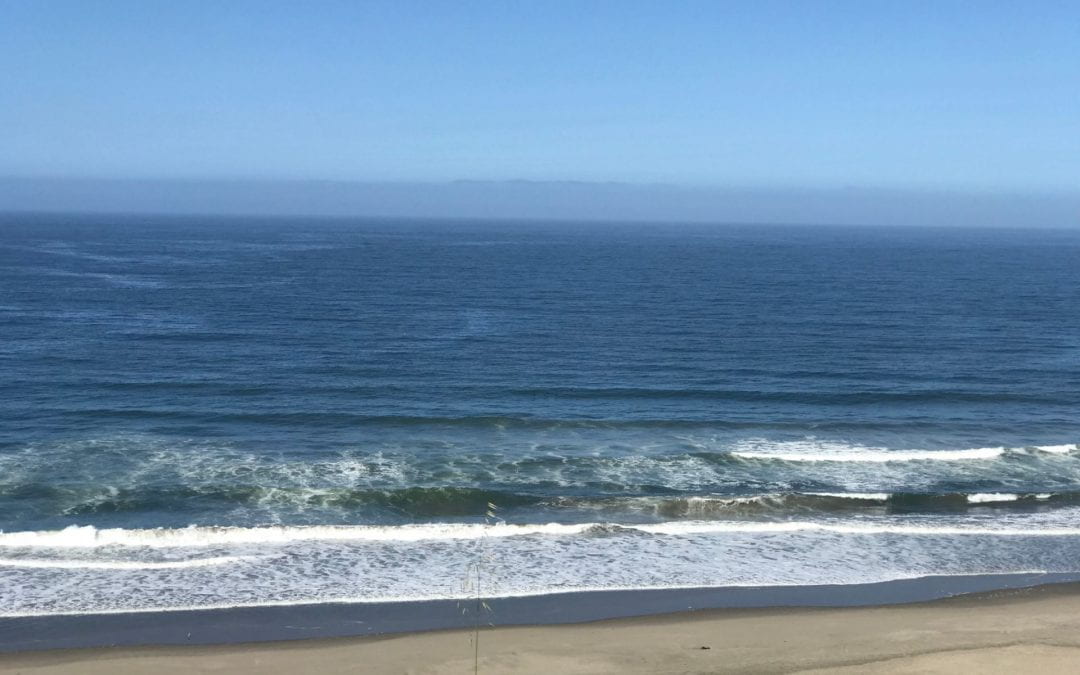
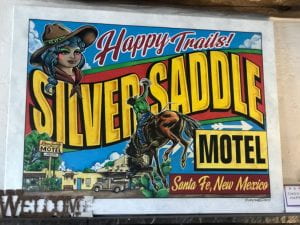
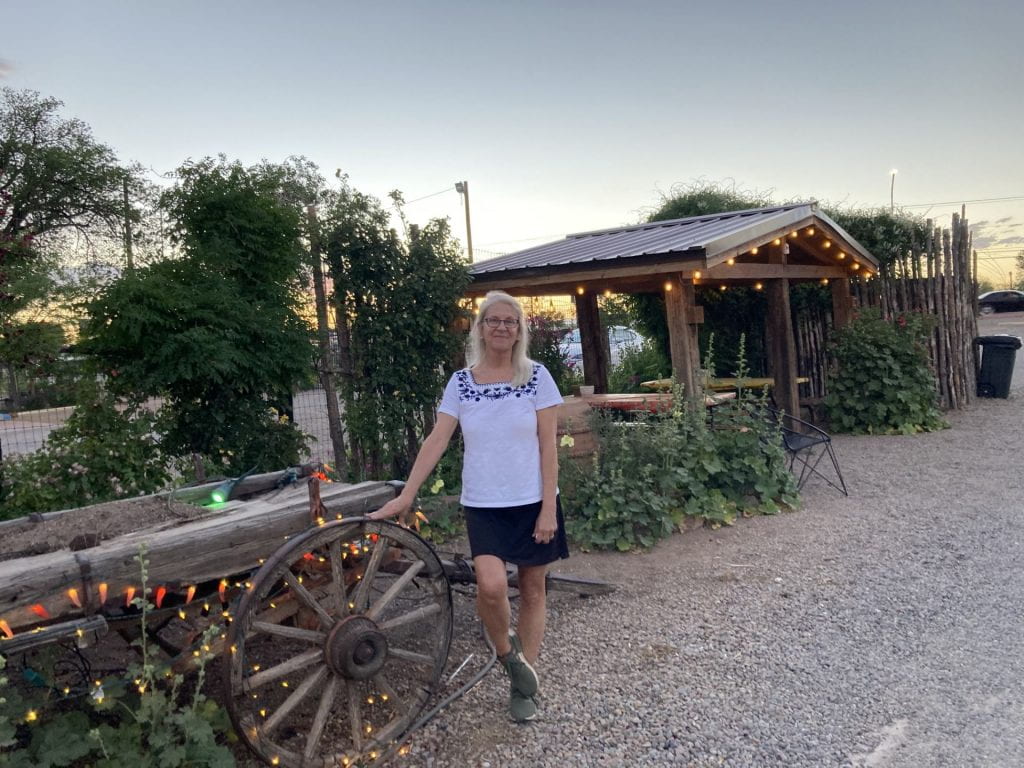
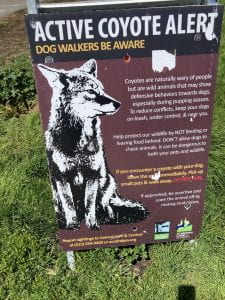
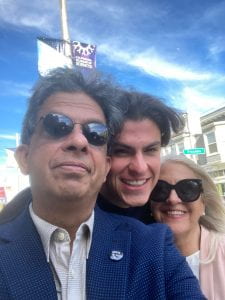
An amazing record an account of which I am not surprised to see coming from one of the most impressive women I’ve ever known!
I’ve been searching for my old friend Corrine, and have found a glimpse of you, in time passing.
Happy Birthday as today is your day!
Melanie Shopa
Florida